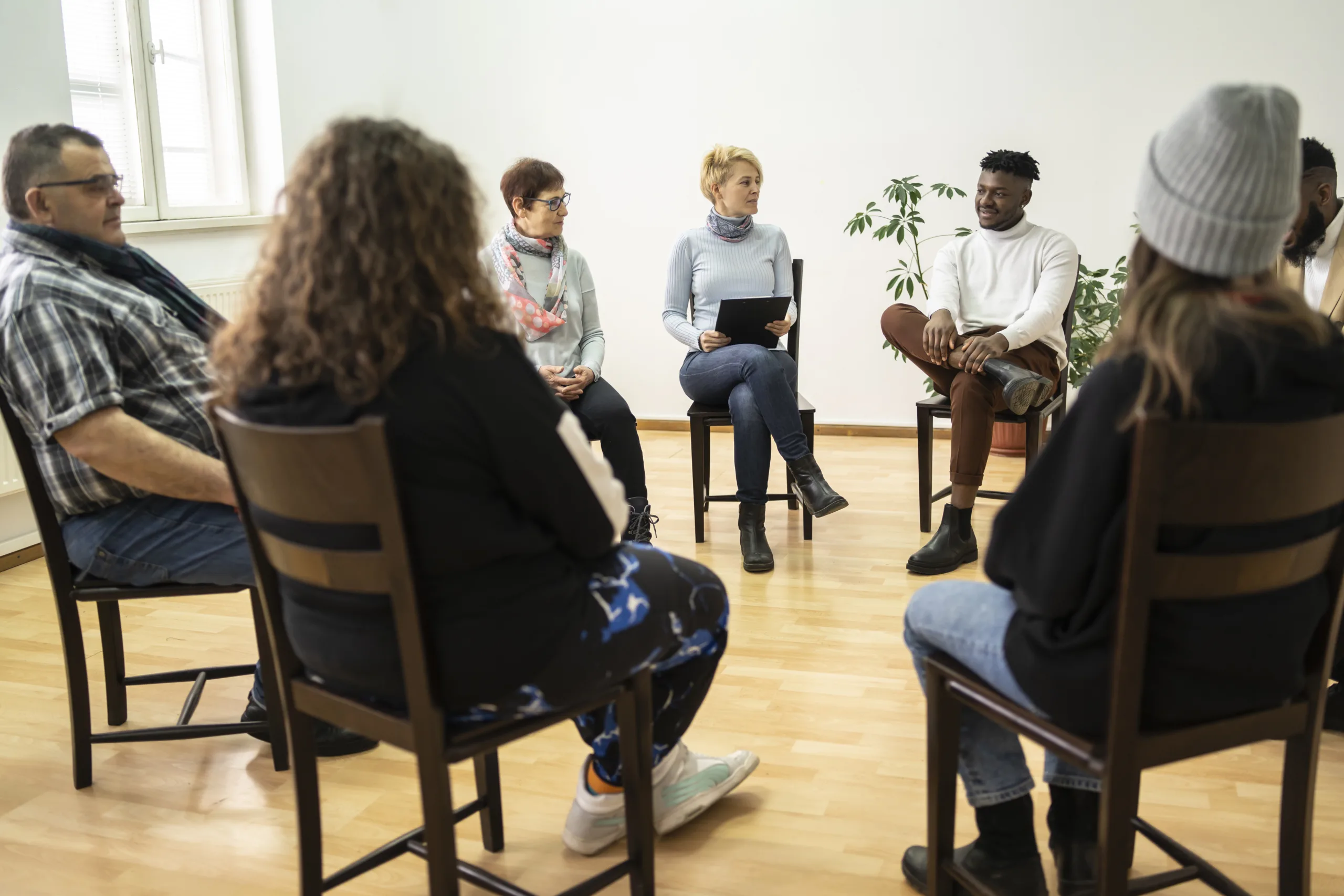24/7 Helpline:
(866) 899-221924/7 Helpline:
(866) 899-2219
Learn more about Klonopin Rehab centers in Swannanoa
Klonopin Rehab in Other Cities
Other Categories in Swannanoa

Other Insurance Options

Excellus

Coventry Health Care

Amerigroup

CareFirst

EmblemHealth

Absolute Total Care

PHCS Network

Evernorth

BlueShield

Optum

Molina Healthcare

Health Choice

Ambetter

Medical Mutual of Ohio

Meritain

Magellan

AllWell

Aetna

Choice Care Network

GEHA











PASS Day Treatment Program
PASS Day Treatment Program is a private rehab located in Swannanoa, North Carolina. PASS Day Treatme...

